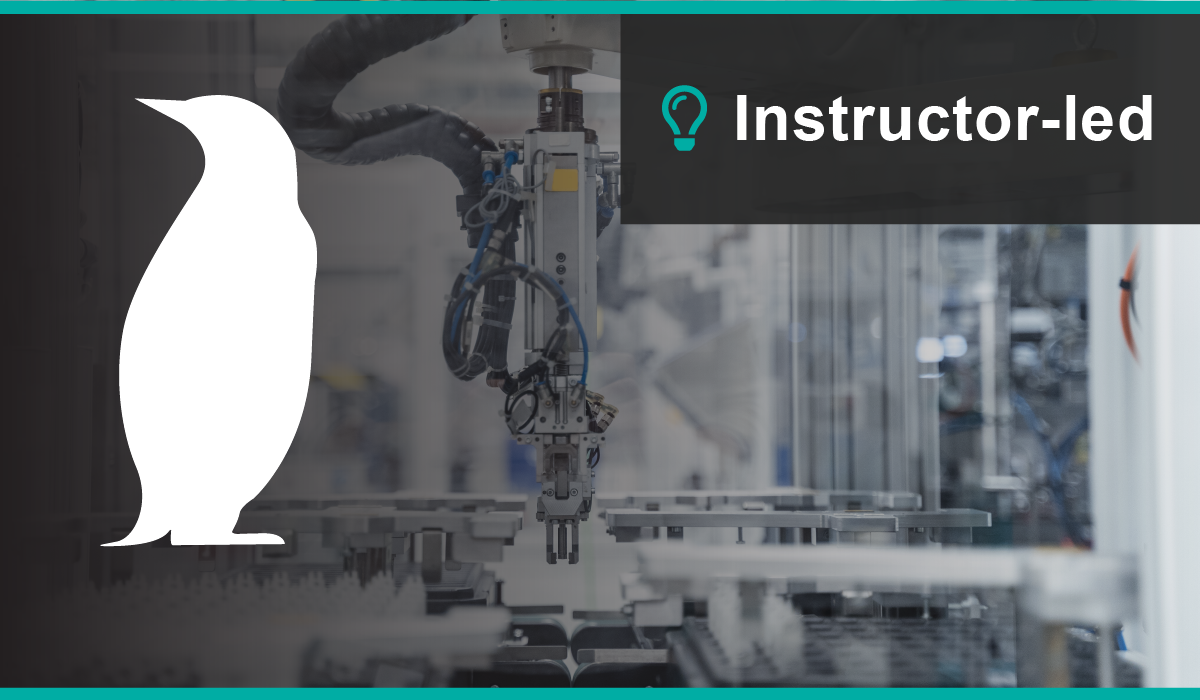
RTOS to Linux Migration Essentials
A comparison of embedded Linux environments with legacy real-time operating systems (RTOS). A strategy for migrating applications is discussed.
Course Description
The RTOS to Linux Migration Essentials course provides a comparison of embedded Linux environments with legacy real-time operating systems (RTOS) in terms of features, memory model, scheduling algorithms, threading models, and I/O systems. A strategy for migrating applications is discussed.
Course Results
After this course, participants will be able to:
- List top considerations for starting a Linux project.
- Describe the Linux kernel and architecture.
- Apply RTOS to Linux application porting guidelines.
Products Supported
- None
Who Should Attend
- Engineers or managers with experience in existing RTOS development environments, such as VxWorks or pSOS, who are evaluating migration to an embedded Linux environment
Course Format
- This two-day expert-led course consists of lectures.
- Participants receive individual guidance from an expert engineer who has extensive experience with Wind River® technologies.
Syllabus
Day 1
- Linux in Embedded/Real-Time Systems
- Developing Embedded Linux Applications
- Root File System
- Linux Kernel
- Memory Management
- Linux Processes and Threads
- Linux Scheduling
Day 2
- IPC and Synchronization
- Linux Timers
- Networking
- Drivers and I/O
- RTOS to Linux Application Porting Guidelines
Prerequisites
Prerequisite Courses
- None
Prerequisite Skills
- Familiarity with typical RTOS environments, including tasks and tasks scheduling, synchronization, mutual exclusion, interrupt handling and scheduling, device drivers and general I/O, and boot loaders
- Familiarity with cross-development tools and procedures such as compilers and binary utilities
- General knowledge of the Linux environment
Related Courses
COURSE DETAILS SUMMARY
- Duration: 2 Days
- Course Information: View
- Format: Lectures and Labs
- Type: Instructor-led











